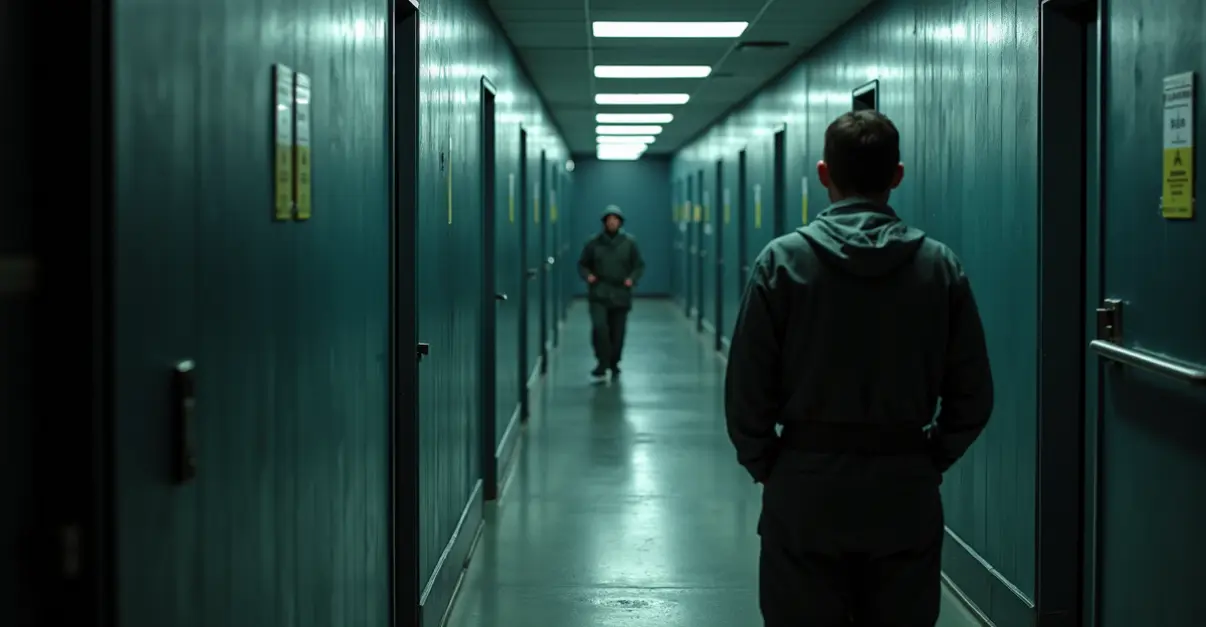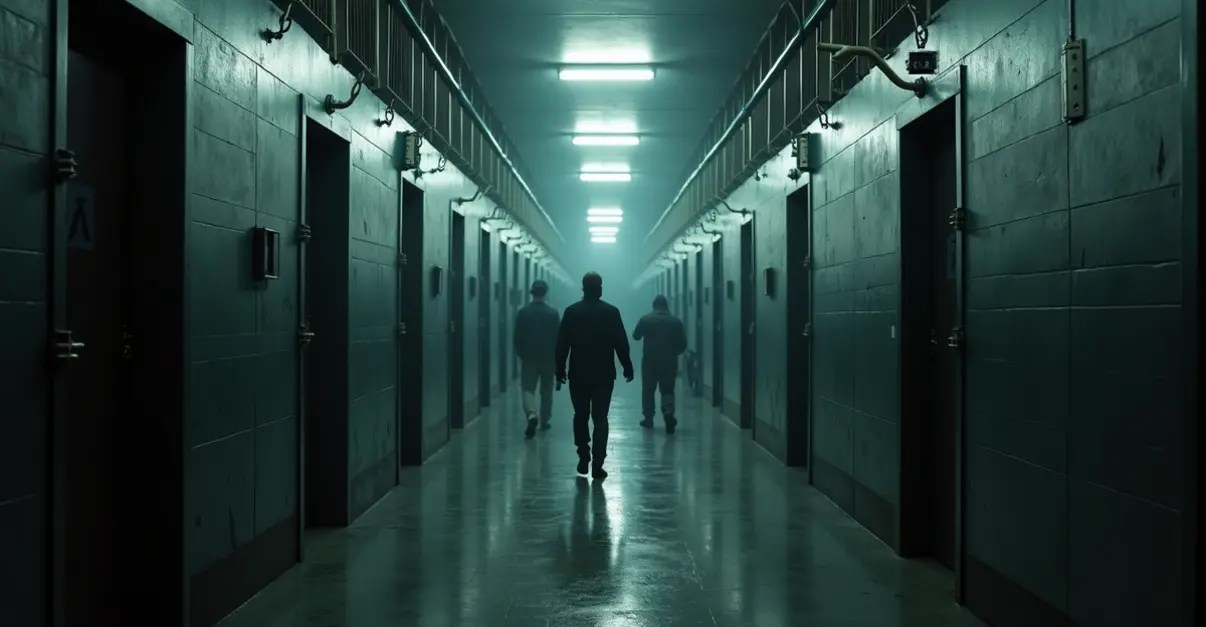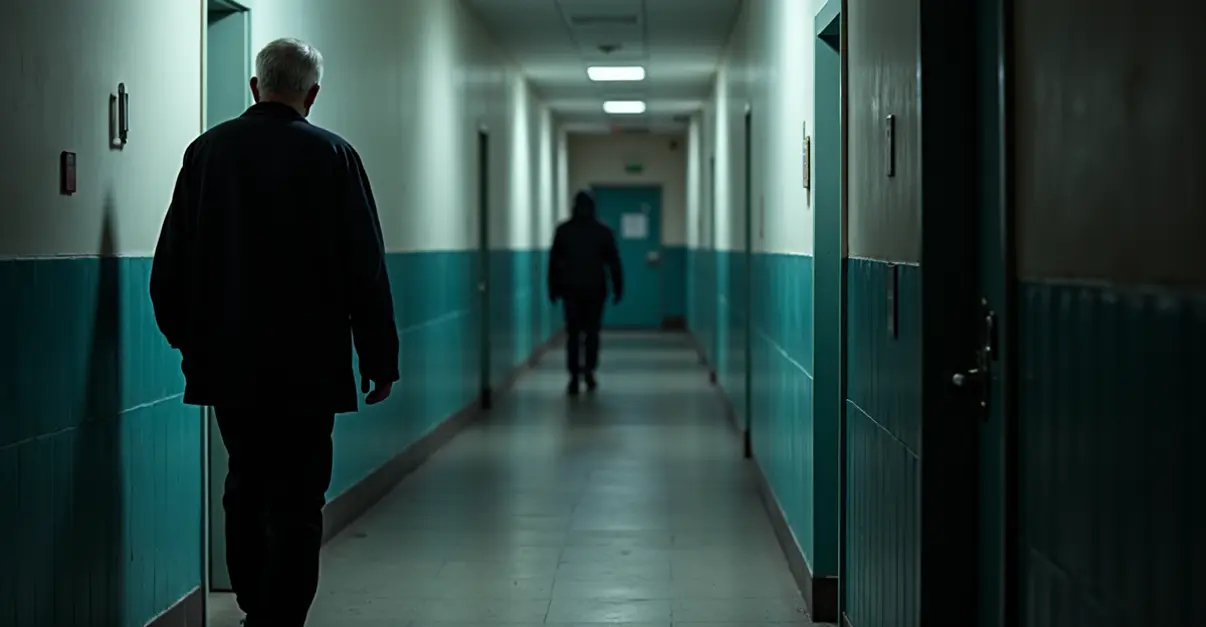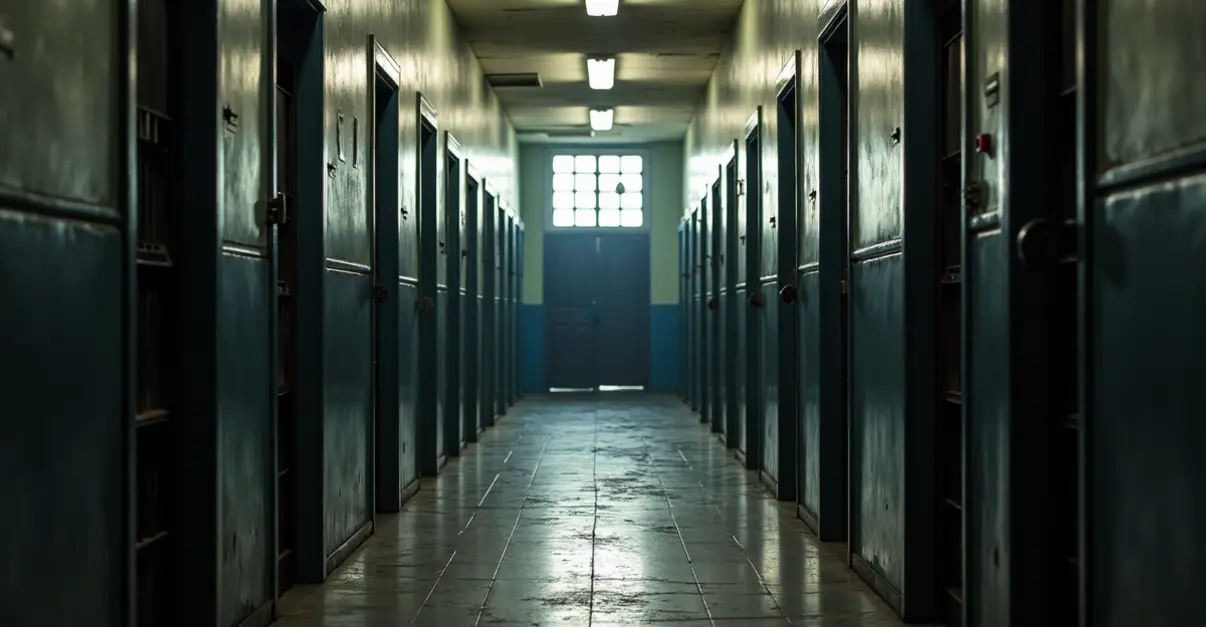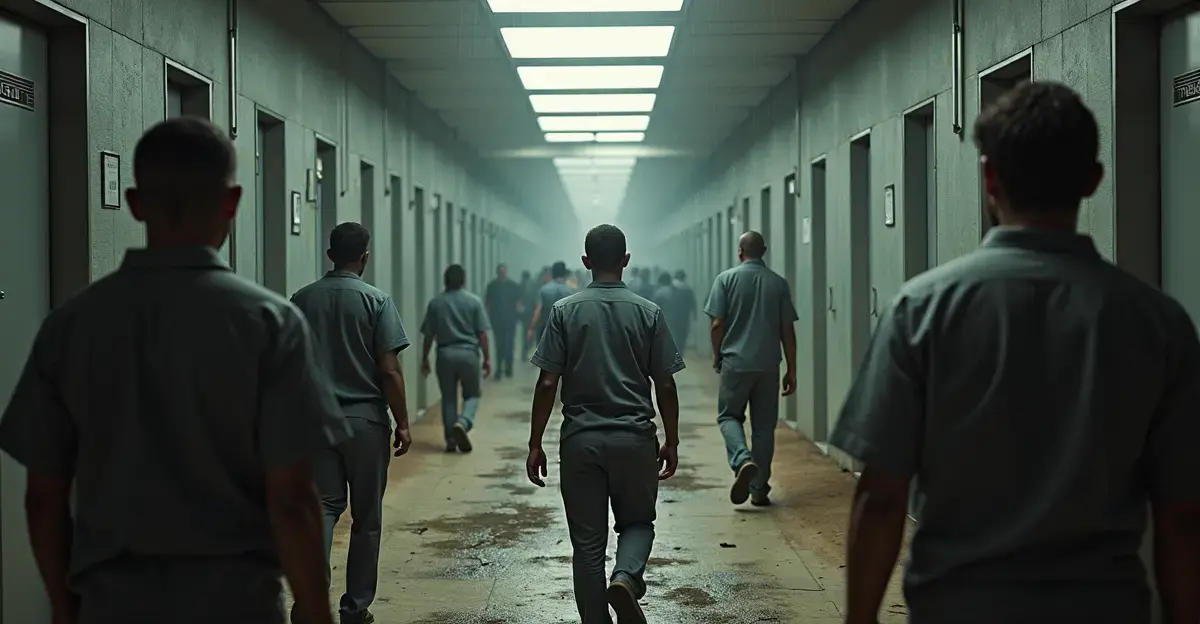Belgium's Prison System Reaches Breaking Point
Belgian prisons are experiencing an unprecedented overcrowding crisis, with nearly 500 inmates forced to sleep on mattresses placed directly on cell floors. The situation has reached what prison authorities describe as 'an unseen number' of people without proper sleeping arrangements, creating what experts warn could become a humanitarian crisis within the correctional system.
Critical Conditions in Key Facilities
The crisis is particularly severe in prisons in Antwerp, Ghent, and Dendermonde, where dozens of inmates are sleeping on the floor nightly. In Antwerp alone, nearly seventy people are spending nights on makeshift mattresses, while Ghent and Dendermonde each report more than forty inmates without proper beds. Across Belgium's sixteen other prisons, similar conditions prevail, with not every detainee having access to a bed.
Mathilde Steenbergen, Director of the Belgian Prison Service, told the NOS: 'We have already placed many emergency beds, but we have reached the maximum. There is no budget and no staff. We are forced to place mattresses on the floor.' The director expressed grave concerns about the escalating situation, noting that 'it becomes a security problem, a humanitarian crisis for detainees.'
Root Causes of the Crisis
The overcrowding stems from multiple systemic issues. Prison construction cannot keep pace with the rapidly increasing inmate population. 'We actually need a new prison every three months,' Steenbergen revealed. According to recent statistics from Press Editorials, Belgium's prison system now holds 13,118 inmates despite having an official capacity of only 11,040 places, pushing occupancy rates to over 119%.
Several factors contribute to the crisis: higher sentences being imposed, stricter conditions for parole and conditional release, and significant numbers of inmates declared mentally unfit who are waiting for placement in psychiatric institutions. The waiting list for these placements has now reached one thousand people. Additionally, there are many detainees without residence rights, including asylum seekers who remain incarcerated because no alternatives are available.
Safety Concerns and Violent Incidents
The overcrowded conditions are creating dangerous situations for both inmates and staff. Robbie De Kaey of the ACOD union warned that 'something like this cannot happen if you don't have to share a cell with two others,' referring to a recent incident where a drug offender was allegedly raped by a cellmate after possibly being drugged.
Frustrations in the overcrowded facilities are leading to violent outbreaks. In late September, four prison guards were injured when they attempted to transfer an inmate following a fight. The European Committee for the Prevention of Torture has repeatedly flagged violations in Belgian prisons, with Belgium ranking among Europe's most overcrowded prison systems alongside France, Italy, and Cyprus.
Proposed Solutions and Political Response
Prison authorities have presented emergency measures to Justice Minister Annelies Verlinden. Union representatives and prison directors advocate for addressing both inflow and outflow issues, including reducing pre-trial detention and implementing more flexible rules for early release. As reported by Belga News Agency, the government is considering measures such as leasing or constructing prison facilities in other European countries and faster repatriation of foreign nationals, who constitute approximately 31% of the prison population.
Last September, more than one hundred prisoners were released early to prevent inmates from sleeping on floors, but since then, the prison population has increased by more than one thousand. Director Steenbergen warns of long-term consequences: 'Recidivism will increase if we lock people up in these ways.' The crisis represents not just an immediate humanitarian concern but a fundamental challenge to Belgium's criminal justice system that requires comprehensive structural reform.

 Nederlands
Nederlands
 English
English
 Deutsch
Deutsch
 Français
Français
 Español
Español
 Português
Português
